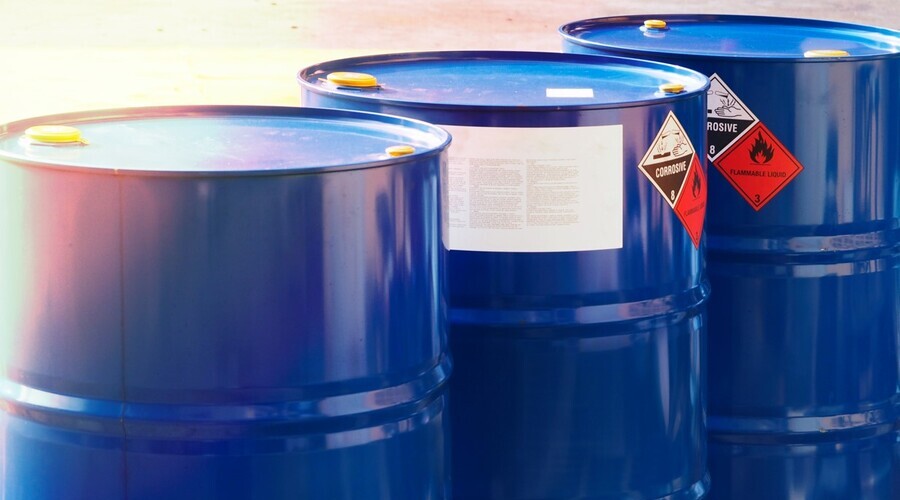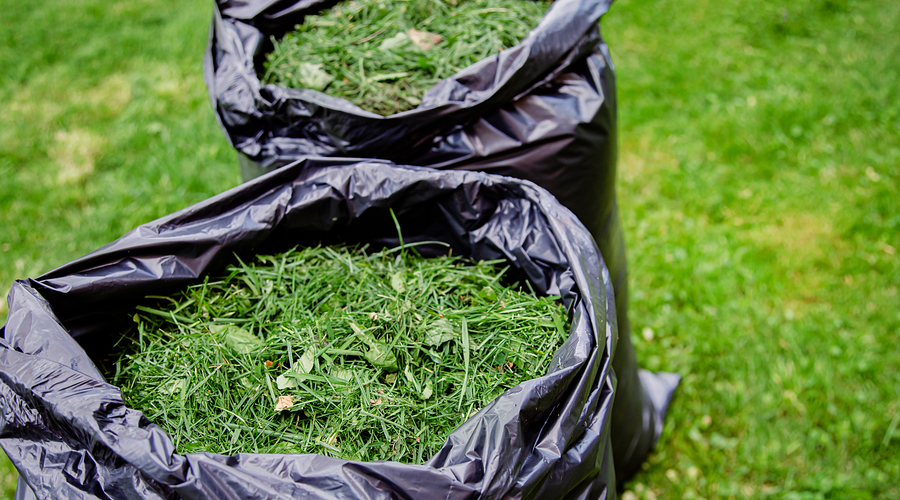The Comprehensive Guide for Bulk Waste Removal
The Challenge – Excess Clutter All-Around
Got rubbish piling up around your home and business environment?
Unsure what to do with it all? You’re not alone.
Residential and commercial rubbish removal method is a common problem that many homeowners face.
But have no fear because this ultimate comprehensive guide will walk you through everything you need to know to tackle rubbish removal like professionals at Eco Rubbish Removal Brisbane.
Rubbish Everywhere
We’ve all been there – old furniture, broken appliances, mountains of boxes from the latest online shopping splurge. Before you know it, every room is overflowing with trash you don’t need or want. Not only is all this clutter an eyesore, but it can also be downright considered as hazardous materials:
- Fire hazard – Garbage like oily rags and chemicals are highly flammable
- Pest magnet – food scraps and clutter attract bugs, rodents, and other critters
- Tripping hazard – clutter makes it easy to trip, fall, and get hurt
Plus, living in disarray puts a strain on human health and mental health. Who can relax surrounded by so much mess? The good news is, junk removal process doesn’t have to be a dreadful or expensive ordeal. This ultimate guide will show you how to reclaim your space – easily and affordably.
A Systematic Approach
Getting on top of junk removal may seem daunting, but having a plan makes it manageable. Follow these steps to get clutter-free in no time:
1. Sort Through Bulky Items Room By Room
Don’t let yourself get overwhelmed by tackling your entire home and commercial establishment at once. Start in one room, sorting stuff into categories:
- Keep – Stuff you want to keep
- Donate/Sell – Good condition stuff someone else can use
- Recycle – Anything that can be recycled waste like glass, plastics, paper, and paint tin
- Garbage – Broken or worthless items that must be thrown out
Be ruthless here. If you haven’t used it in over a year, chances are you don’t need it. Organise and keep items neatly so your space looks instantly tidier.
2. Schedule Pickups For Anything You Can’t Transport
Once you’ve sorted everything, it’s time to get rid of what you don’t want. For large or heavy items like furniture or appliances, book a council hard rubbish collection. Most councils offer free or inexpensive pickups if you meet requirements like bundling items and placing them kerbside.
You can also enlist a rubbish removal service and skip bin to conveniently take away anything you don’t want. Quality providers offer flexible bookings and competitively-priced removals for your unwanted goods.
3. Transport Items to Donation Centers or Charities
Don’t just chuck usable goods in the rubbish. Your local op shops and charities will gratefully accept clean, working items. Many offer free pickups for large donations like furniture.
4. Separate Recyclables and Use Proper Disposal
It pays to recycle – some councils even offer rewards programs for households that recycle diligently. Sort any paper, cardboard, glass, aluminum, and plastics into your recycling bins.
Garden waste (green waste) , electronic waste, heavy waste, and hazardous stuff like chemicals, batteries, and lightbulbs require special disposal in landfill sites. Check with your local council as most offer free drop-off days or depots for these items. For regular rubbish and recyclable materials, use council garbage bins (and arrange special pickups for larger volumes).
5. Stay On Top With Daily Maintenance
Congratulations – you’ve decluttered! But don’t let piles accumulate again. Follow these tips to stay on top of rubbish:
- Take out the bins each week without fail
- Deal with recycling facilities and donations promptly
- Never let clutter build up – put things in a container or get rid of them
- Cut down garden type of waste at the source by reducing purchases and packaging material
- Schedule a deep clean/declutter session every few months
A little effort pays off hugely in maintaining a tidy, de-stressed home!
FAQ
What size or weight items can councils collect?
Most councils set limits on items they will collect, usually around 1.5m x 1m x 1m and 100kg. Check your council’s hard waste policy, options, and resources for specifics.
How much notice is needed to schedule a council pickup?
Councils require several weeks’ notice, some up to 6 weeks. Book as early as possible, especially if you have lots of items.
What should I do if I miss my council’s hard household waste day?
Contact your council and rubbish removal company to explain the missed pickup and rebook another collection day. Some may charge a small missed pickup fee.
Can I put hazardous waste in normal rubbish bins?
No, hazardous stuff and other types of rubbish require special disposal. Check with your council as most run free drop-off days or have permanent depots for chemicals, batteries, scrap metals, lightbulbs, etc.
Conclusion
Rubbish removal doesn’t need to be a dreadful chore and must not have an environmental impact.
By breaking it down into simple, systematic steps, anyone can transform their home from messy to sparkling.
Just take it one room and one category at a time.
Before you know it, you’ll be living clutter-free and breathing easy.
Remember, stay on top of maintenance to enjoy a fresh, tidy home for good.



